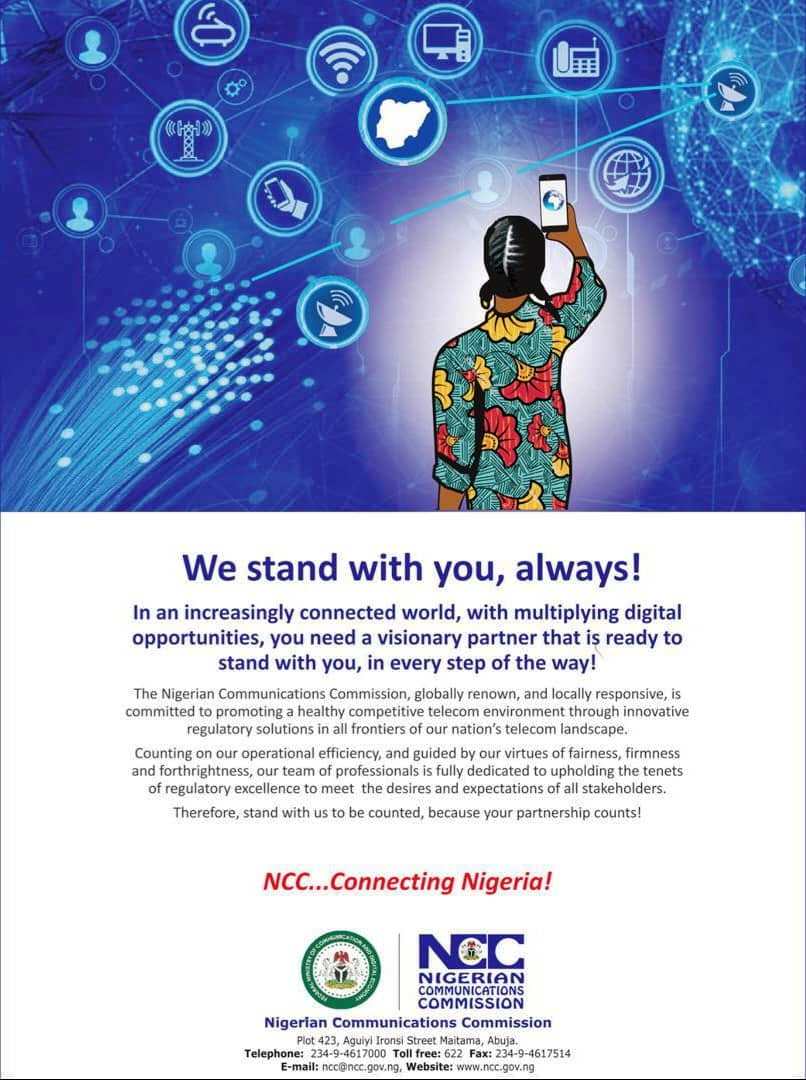TikTok has 1.12 billion monthly active users worldwide, with an estimated 34 million TikTok videos posted each day. However, amongst this huge array of content lurks some dangerous business advice that many viewers engage with daily.
RELATED: Meta, Amazon, and TikTok introduce AI tools for Ads, but UGC-driven authenticity remains key to conversion
In order to ensure entrepreneurs and businesses don’t take the wrong advice, the experts at Liquidation Centre have reviewed some of the business advice on the platform, in order to ensure entrepreneurs don’t make the wrong decisions, and prevent costly consequences.
Be cautious of business advice on TikTok
Due to the over simplified short clips, and lack of regulation, there is room for misinformation to slip into business advice videos on TikTok. As a result, taking business or financial advice from the platform can be risky. Below are some examples of advice circulating on the platform that may not always be the best route for businesses and entrepreneurs.
The 90/10 Business Model
The 90/10 business model focuses on the idea that 90% of a company’s revenue comes from 10% of its customers. This allows businesses to tailor their marketing and sales efforts to maximise their impact. Essentially, businesses would monetise the top 10%, by creating special products and services for this consumer base. The model is based on the idea that the top 10% have the majority of the purchasing power, so it makes sense to create products for that portion of the market. This model can be used in various other aspects of business such as leadership and decision making.
However, whilst this approach may sound productive, it is by no means a ‘one size fits all’ strategy, and some businesses may not thrive from using this model. Identifying the correct tasks, products, and consumers to focus on is vital. If the focus is misplaced, the model could lead to negative financial outcomes for your business. If used incorrectly, it may also over-simplify complex issues and result in missed business opportunities. Careful consideration is therefore essential to ensure it is the right fit for your company.
Use Competitor Reviews to Uncover What Your Target Market Really Wants
This advice may seem relatively useful, as businesses are always seeking to find out what their target market and consumer base needs. Competitor reviews could reveal what consumers are happy with and highlight areas where they would like to see improvements.
However, there are risks involved in using reviews as your main source of consumer sentiment. Reviews could be skewed by fake reviews, or paid feedback, potentially resulting in an inaccurate perception of what your target market needs and wants.
It is essential for businesses to analyse and speak with their target audience directly, which offers a much clearer, unbiased, and accurate way of assessing the market. Ideally, consumer research should always come first, in order to build the strongest strategy that will genuinely cater to customer needs. If you wish to analyse competitor reviews, it is advisable to do this further down the line, rather than using them as the foundation for your market research. Neglecting market research is one of the main reasons SMEs fail.
‘Get Rich Quick’ Advice
TikTok is home to an array of ‘get rich quick’ advice from business and financial influencers. However, this advice is to be approached cautiously, as much of it isn’t practical, and could even be costly for businesses.
For example, some influencers promote the idea of outsourcing work to countries with lower labour costs. Whilst this may seem like a short-term solution to help cut costs, it can have significant negative impacts on quality of products, which can lead to a decline in consumer satisfaction and damage to your company reputation. There are also fundamental ethical concerns, such as potential exploitation of workers in developing countries, which can impact company image and morale. The short-term savings from such strategies may quickly be overshadowed by the long-term harm they cause to a business’s reputation and overall success.
Why businesses and entrepreneurs should be extra cautious
Richard Hunt, Director at Liquidation Centre provides expert comment on why businesses and entrepreneurs should be extra cautious when taking advice from TikTok and social media:
“Every business is unique, with different goals, brands and challenges. As a result, each requires a tailored approach. Taking advice from brief, generic clips, often without proper sense-checking, can harm your business. In the world of business, there is no one-size-fits-all solution.”
“It is essential to only take advice from credible sources or proven entrepreneurs. With up to 90% of start-ups failing, keeping your business on the right track through safe, strategic planning is critical. A large portion of these failures are derived from a lack of planning or consumer understanding. Having a solid business plan and strong knowledge of your target market and consumer profile can aid in giving your business the best foundation for success – across all sectors and industries.”
“As misinformation grows and such as TikTok continue to influence the masses, it is more important than ever to stay grounded, and ensure the information you consume is verified, credible, and truly relevant to your industry. Take time to consider the pros and cons of any changes in method or strategy that you implement into your business.
“The economic landscape is becoming tougher, making it increasingly crucial that you run your business in a healthy and logical manner, backed by strong strategies and market research, as opposed to TikTok tips which are typically generic and unsuited to individual businesses.”
Credit: Liquidation Centre

































